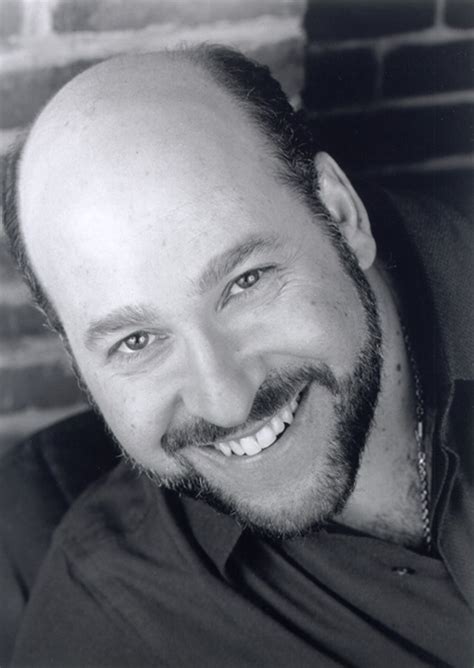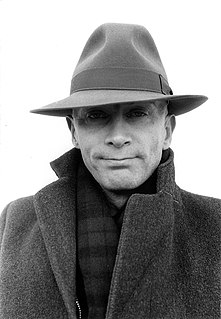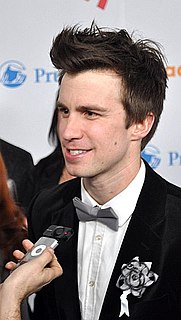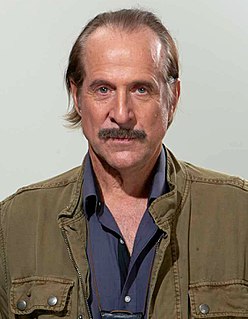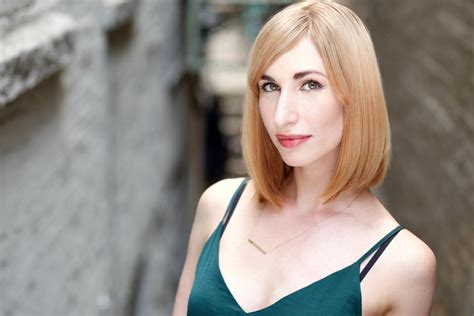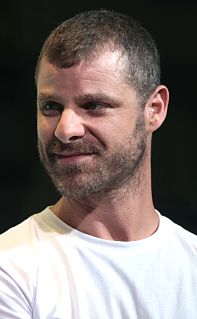A Quote by Mitch Hedberg
I sometimes close my eyes during a show because I have drawn a picture of an audience enjoying the show more on the back of my eyelids.
Related Quotes
When the theater is gothic it matches the sensibility of the show. It's also very intimate. The audience is very close to the performers. The show is scary and the scary stuff always works best with an intimacy with the audience. And the show is erotic, and I think erotic always works best when it's close to the audience, as well.
Making a show is also economics. Because the irony is, or the shame of it is, you cannot create a show instantaneously. It needs to be massaged. You need to see who is relating to who. How is it working with the audience? You need to give it a chance for the audience to find it, because there are so many outlets. And the audience doesn't know where to go.
Doing this web show - people underestimate what it takes to do a web show successfully. They underestimate the amount of work that you have to do to get it to your audience after it's made. I think you have to work so much harder, especially if you don't have a huge budget. You have to know how to get your audience engaged, because the Internet is so distracting, and there are so many choices. People, even if they love your show, will forget to go back for episode four, because you know, people are busy.
"Sesame Street" was really the first kid's show that my dad did. He did a couple of TV specials that were targeted for kids before "Sesame Street," but really, it was, it's kind of going back to our roots, when we start to get adult. This show gets very adult sometimes, and that's because of the audience.
It [The Esemblist] is also about the generation of audience members that are watching shows and listening to us at the same time; hopefully, in time, when they listen to our show and then go see a show, they'll realize even more what it takes to make a show, and they'll know even more about everybody on stage, rather than just people above the title of the show.
If you're playing a good guy, you show some darkness. If you're playing a dark guy, you show something different, like humor, that will mix it up and hopefully surpass the audience's expectations. What I'm battling all the time is complacency in the audience. I try to bring a little mystery to what might happen because that engages people more.


